Why pH Matters in Skincare? How to Choose the Right Products
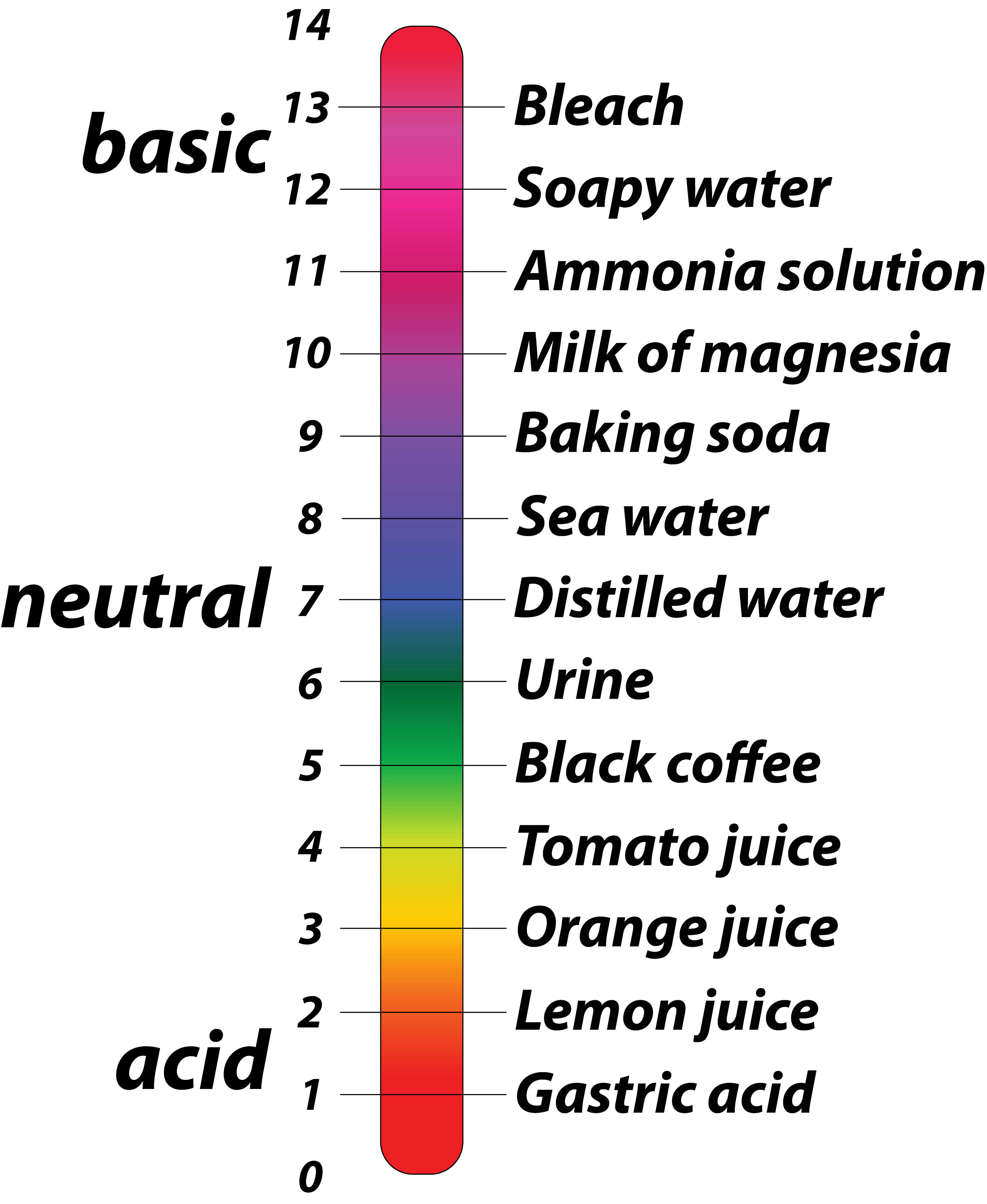
Ever wondered why your skin sometimes feels off after using certain products? The secret lies in understanding pH in skincare. Your skin thrives when its pH levels stay balanced. A healthy skin pH usually hovers between 4.5 and 5.5. This slightly acidic environment helps combat harmful bacteria and maintain a strong barrier. Products with the wrong pH can disrupt this balance, leading to dryness, irritation, or breakouts. Choosing the right products ensures your skin remains vibrant and resilient. So, keeping an eye on pH in skincare can make all the difference in achieving that healthy glow.
Understanding pH in Skincare
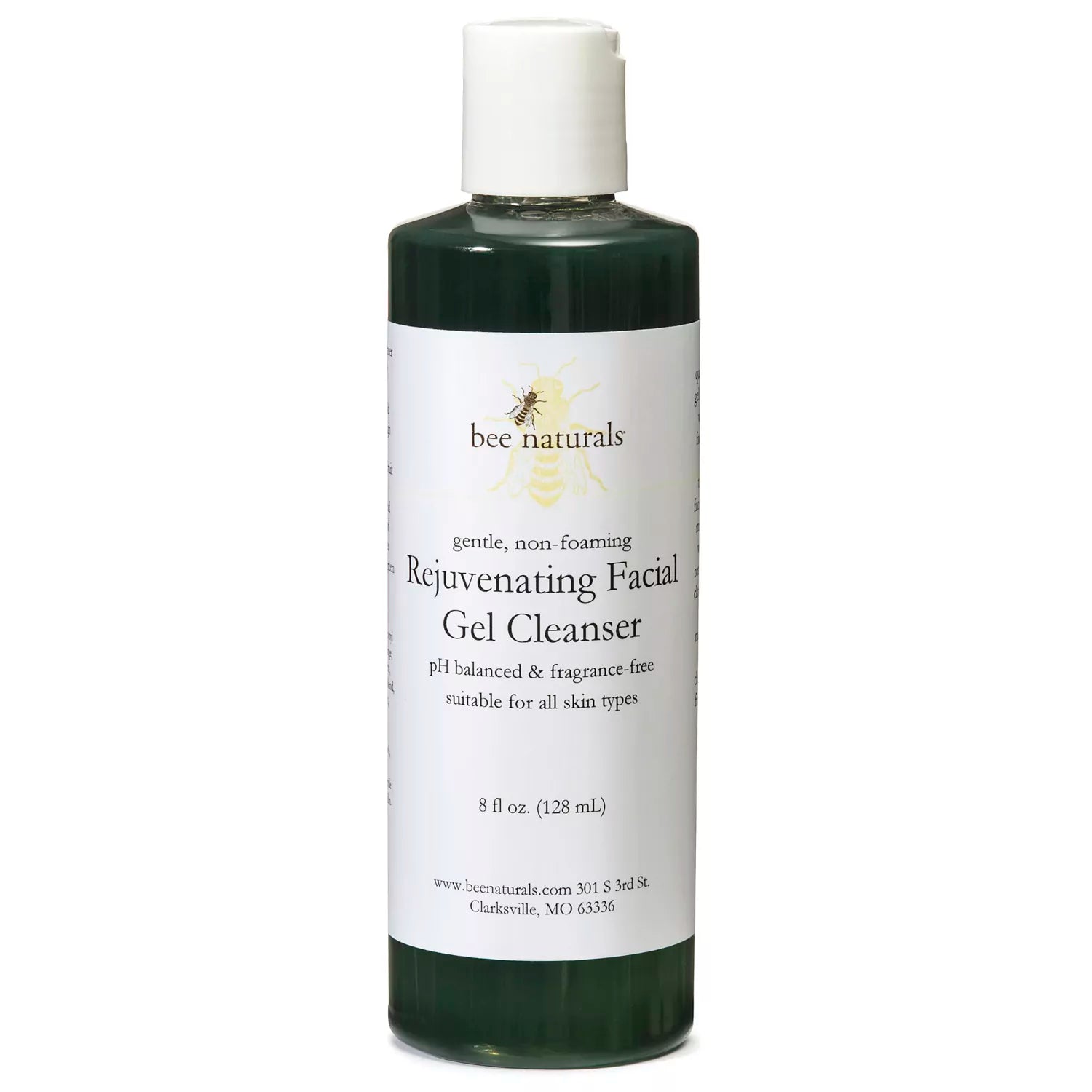
What is pH?
Definition and scale
pH stands for "potential of hydrogen." It measures how acidic or alkaline a substance is. The pH scale ranges from 0 to 14. A pH of 7 is neutral, below 7 is acidic, and above 7 is alkaline. Skin's pH usually falls between 4.5 and 5.5, which makes it slightly acidic. This acidity helps protect the skin by keeping harmful bacteria at bay.
How pH affects skin health
The pH in skincare plays a crucial role in maintaining skin health. An optimal pH level supports the skin's barrier function. This barrier acts as a shield against environmental pollutants and irritants. When the skin's pH becomes too alkaline, it can lead to dryness and irritation. An acidic environment helps keep the skin hydrated and resilient. Using products with the correct pH ensures that the skin remains balanced and healthy. The pH balance of skincare products is critical for maintaining healthy skin. Your skin has a natural protective layer called the "acid mantle," with a slightly acidic pH range between 4.5 and 5.75. This layer helps lock in moisture and keep harmful bacteria and pollutants out. When skincare products disrupt this balance, either by being too alkaline or too acidic, it can compromise the skin's barrier, leading to dryness, irritation, breakouts, or accelerated aging.
The Ideal pH Level for Skin
Natural pH of the skin
The natural pH of the skin is slightly acidic, ranging from 4.5 to 5.5. This acidity helps maintain the skin's moisture barrier. It also protects against harmful microbes. A balanced pH in skincare supports the skin's natural defenses. This balance keeps the skin looking vibrant and youthful.
Consequences of pH imbalance
A pH imbalance can disrupt the skin's protective barrier. This disruption can lead to several issues like dryness, sensitivity, and breakouts. When the skin's pH rises into the alkaline range, it becomes more vulnerable to bacterial infections. An imbalanced pH can also cause conditions such as acne and eczema. Maintaining the suitable pH in skincare is essential for preventing these problems. Choosing pH-balanced products helps keep the skin healthy and glowing. Research shows that products formulated at a lower, slightly acidic pH (around 4-5) are ideal because they support the skin’s barrier function, enhance hydration, and reduce the risk of irritation. Products with higher pH (alkaline) can strip away natural oils, causing dryness or excessive oil production as the skin tries to compensate. This can also lead to conditions like eczema or acne(
)(
)(
).
How to Maintain pH Balance in Your Skincare Routine
Cleansing Techniques
Choosing the right cleanser
Start with choosing a cleanser that suits your skin type. A gentle cleanser works best for maintaining pH balance. Harsh soaps can strip away natural oils and disrupt the skin's pH. Look for cleansers labeled as pH-balanced. These products help keep the skin's natural barrier intact. Use caution when introducing acid-containing cleansers and creams, such as glycolic and salicylic acids. Introduce these products gradually and also avoid products with a pH level lower than 3.5, or you could experience a chemical burn, in which case the skin becomes very red and painful and can compromise your skin barrier. When in doubt, consult with a board-certified dermatologist or a skilled esthetician.
https://my.clevelandclinic.org/health/diseases/22350-chemical-burns
Importance of pH-balanced cleansers
Using a pH-balanced cleanser ensures your skin remains healthy. The skin's acid mantle protects against bacteria and pollutants. A balanced cleanser supports this protective layer. This helps prevent dryness and irritation. Regular use of pH-balanced cleansers leads to healthier skin.
Incorporating Toners
Role of toners in pH balance
Toners play a crucial role in maintaining pH balance. After cleansing, toners help restore the skin's natural acidity. This step preps the skin for better absorption of other products. A well-chosen toner can enhance your skincare routine.
Selecting the right toner
Choose a toner that complements your skin type. pH-balanced toners are ideal for restoring the skin's natural pH. Ingredients like witch hazel and rose water work wonders. Avoid toners with high alcohol content. Alcohol can dry out the skin and disrupt its balance.
Moisturizing and pH
pH-friendly moisturizers
Moisturizers lock in hydration and maintain pH balance. Opt for pH-friendly moisturizers that support the skin's barrier. These products help keep your skin soft and supple. A good moisturizer prevents moisture loss and keeps the skin's pH stable.
Ingredients to look for
Look for ingredients that nourish and protect the skin. Humectants like glycerin and hyaluronic acid attract moisture while barrier-restoring lipids like ceramides and petrolatum seal in hydration. These ingredients help maintain the skin's natural defense system. A well-formulated moisturizer keeps your skin healthy and balanced.
How to Choose the Right Skincare Products
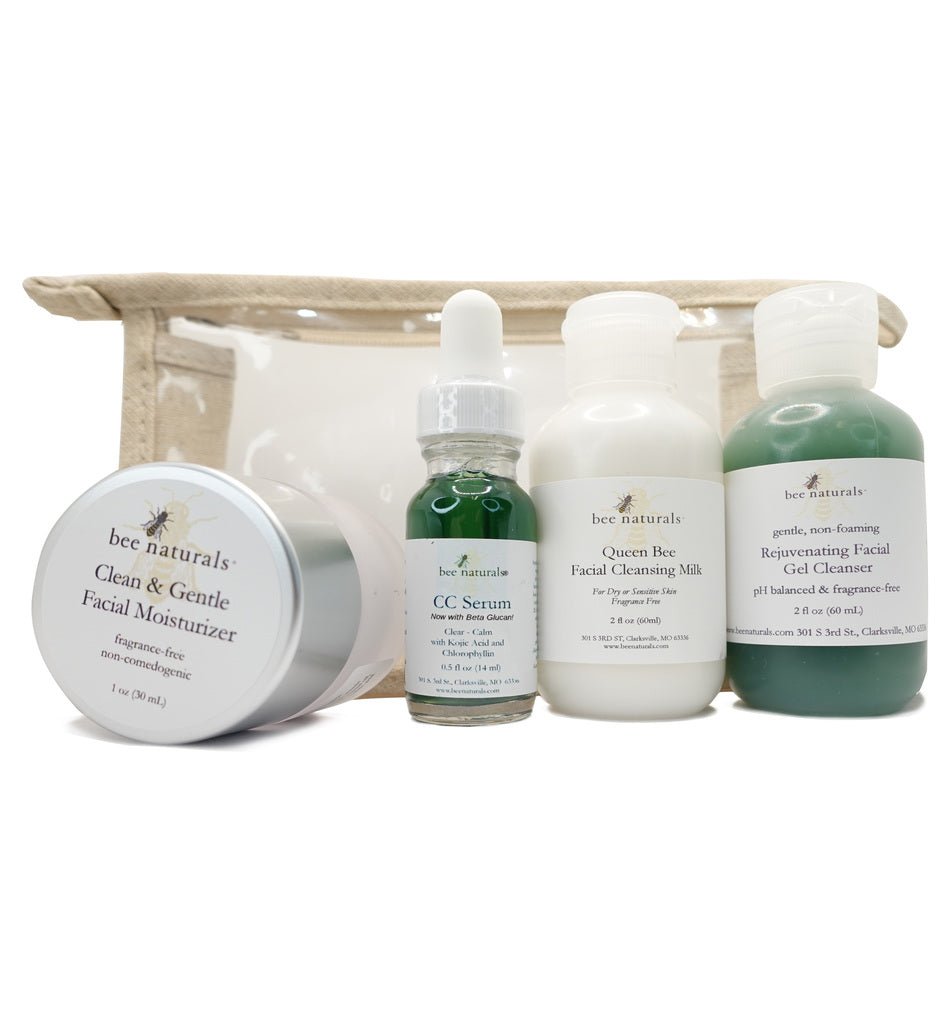
Reading Product Labels
Identifying pH information
Ever stood in the skincare aisle feeling lost? You’re not alone. Product labels can seem like a foreign language. However, finding the pH information on a label is crucial. Look for terms like "pH-balanced" or specific pH numbers. These details ensure the product won't disrupt your skin's natural balance. A product with a pH between 4.5 and 5.5 usually works best. This range mimics your skin's natural acidity.
Key ingredients to consider
Ingredients matter just as much as pH. Some ingredients support skin health. Others might cause irritation. Dr. Dendy Engelman, a board-certified dermatologist, advises checking for soothing agents like aloe vera or chamomile. Avoid harsh chemicals like sulfates or alcohols. These can strip your skin of its natural oils. Gentle ingredients help maintain your skin’s barrier. They keep your skin hydrated and healthy.
Testing Product pH
Using pH strips
Want to be sure about a product’s pH? Use pH strips. These handy tools give you peace of mind. You can find them at most drugstores. To test, apply a small amount of the product to the strip. Wait a few seconds. The strip will change color. Compare this color to the chart provided. This method ensures you know exactly what you’re putting on your skin.
Interpreting results
Interpreting pH strip results is simple. A color close to 4.5 to 5.5 indicates a good match for your skin. A higher number means the product is more alkaline, which could lead to dryness or irritation. A lower number suggests more acidity, which might be too harsh for sensitive skin. Understanding these results helps you make informed choices.
Consulting Experts
When to seek professional advice
Are you confused about which products to choose? Consider consulting a dermatologist. Dr. Hadley King suggests seeking expert advice if you experience persistent skin issues. Professionals can provide personalized recommendations. They assess your skin type and concerns. This guidance can save you time and money.
Benefits of expert recommendations
Expert recommendations offer several benefits. Dermatologists have extensive knowledge. They understand how different products interact with your skin. Their advice helps you avoid trial and error. You gain confidence in your skincare routine. Expert insights lead to healthier, happier skin.
How can I tell if I have a facial chemical burn?
https://www.medicalnewstoday.com/articles/chemical-burn-on-face-from-skin-care#first-aid
Understanding the importance of pH in skincare is vital for maintaining a healthy and vibrant complexion. A balanced pH level keeps your skin's moisture barrier intact, protecting it from harmful bacteria and environmental stressors. Follow the steps outlined to ensure your skincare routine supports this balance. Choose products that align with your skin's natural acidity—test products when necessary. Seek expert advice if needed. Achieving healthy skin through pH balance is within reach. Embrace these practices and enjoy the benefits of radiant, resilient skin. Your journey to healthier skin starts with the correct pH.
To find barrier restoration products, see www.beenaturals.com


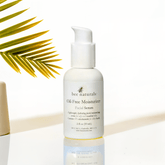

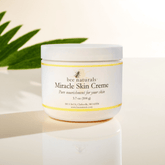

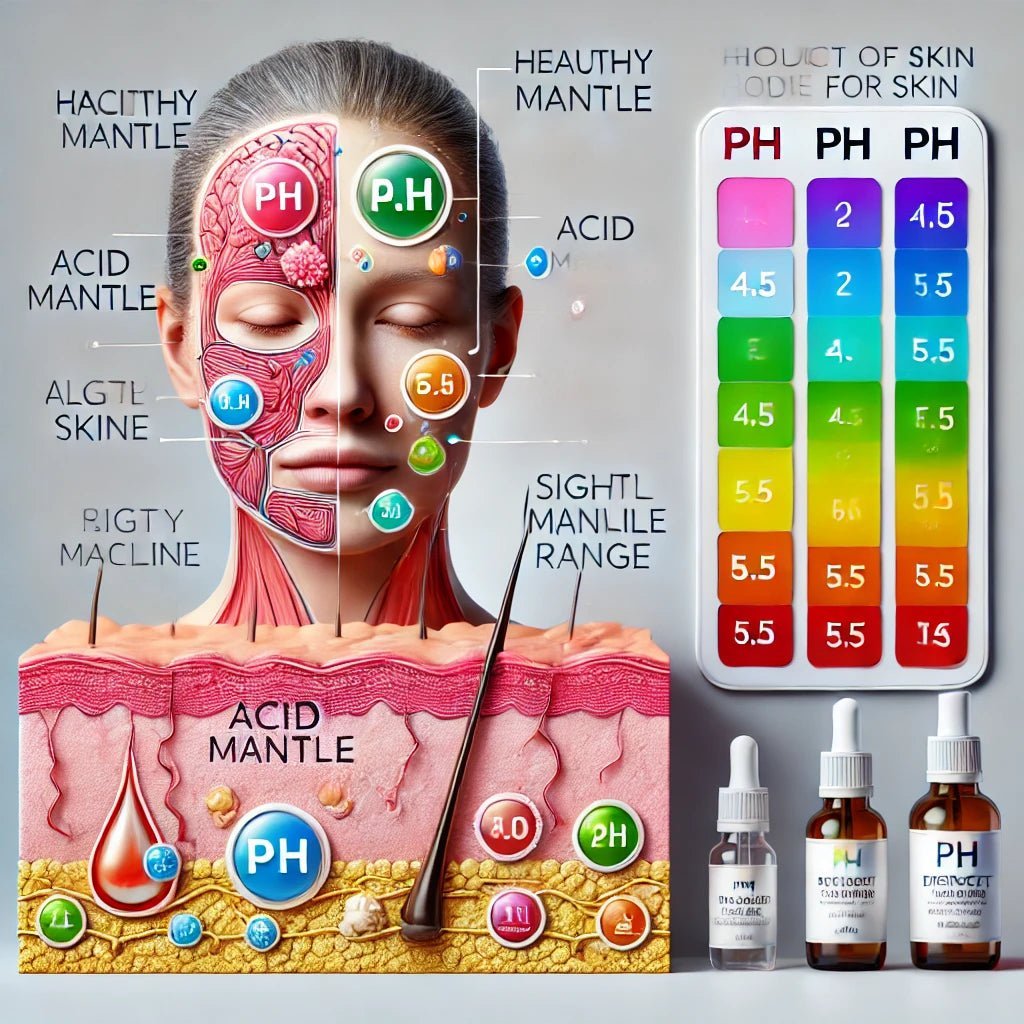
Leave a comment
Please note, comments need to be approved before they are published.